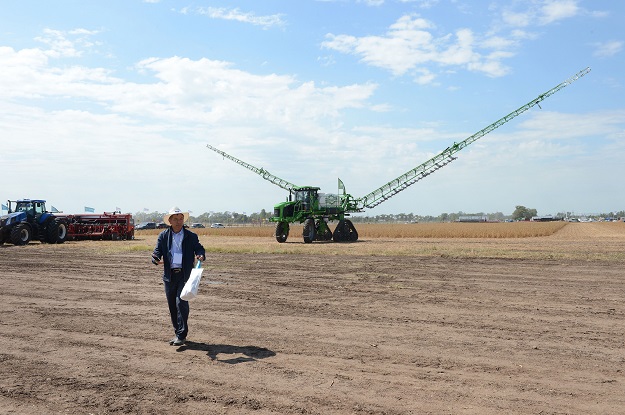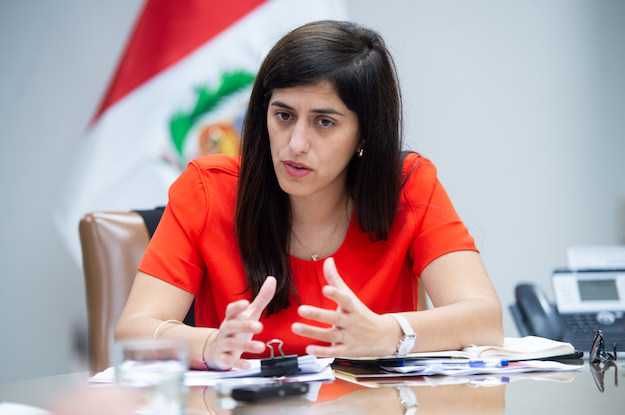Even though food is the most basic necessity in life, nowadays food insecurity threatens growth and progress in many parts of the world. We have made great strides over the last century, promoting development and creating a middle class in regions where it didn’t exist before. Despite this progress, more needs to be done. Nowhere is food insecurity more prevalent than in the developing world, in countries brimming with potential to transform their societies but finding themselves limited by life’s most basic need – food.
We shouldn’t accept this. As a global community, we need to be better and do better. We need to take concrete and practical steps to achieve food security around the world. This can and should be done by promoting free and open trade, standing for sustainable agriculture practices, and facilitating the adoption of technology in the agriculture sector, particularly for small farmers, many of whom are women in the developing world.
The G20 plays an important role in the development of this global action, as its members represent about 60 percent of all agricultural land and about 80 percent of world trade in food and agricultural products. In July 2018, at a key G20 meeting, agriculture ministers reached consensus on the need for a more collaborative approach to building a sustainable food future.
As the host country, in Argentina we feel a special responsibility on this front. Sustainable agriculture has allowed us to create efficient processes, increase yields and improve our agricultural markets and farming practices to reduce the pressure on natural resources.
As a leading global supplier of food products that range from honey and soybean oil to lemon juice and sorghum, we are leveraging modern and smart technologies to drive our sustainable agricultural practices. For example, in northern Argentina, specifically in Tucumán, indoor nurseries and modern irrigation systems have helped stabilize crop yields, increased production and created sustainable local communities in the process. Furthermore, we recently launched the SAOCOM 1a satellite, which will use X-ray precision and microwave imaging technology to help farmers monitor moisture in the ground and thus boost yields and improve cost efficiencies.
The use of technology to empower local farmers is a global challenge that countries are overcoming with actions that go from leveraging blockchain-enabled solutions to streamline supply chains, to deploying cellphones to help local growers monitor weather patterns and market prices. Technology has transformed the future of agriculture and its possibilities.
Five years ago, the Asian Development Bank published a Topical Report based on the Food Security Challenges in Asia, highlighting the hurdles in the region, and progress has been made already from sustainable food movements in Taiwan to local training programs to promote sustainable practices in Indonesia.
The time is now. “Progress has stagnated,” according to the UN’s Food and Agriculture Organization. We have to reverse this trend. With the world’s population estimated to reach 9.8 billion in 2050, food security will come under increased pressure in the years ahead.
Policies that lower trade barriers and promote open and free flow of goods are essential. Argentina continues to remove non-tariff barriers to trade to facilitate this flow of goods. It’s through open, accessible and free trade that we will be able to stabilize growth and develop a legacy of sustainable agriculture practices.
Progress on a global scale will only be possible if we come together and create a framework of collaboration, from Asia to Latin America to every corner of the world. This year, the G20 Leaders’ meeting will be an opportunity to act toward that collaboration, which is why we have made “a sustainable food future” one of the priority issues for their discussion in Buenos Aires. Together we must work to ensure a basic life necessity: access to food – so it doesn’t stand in the way of fair and sustainable development.
—
Luis Miguel Etchevehere is Argentina’s secretary of agroindustry






